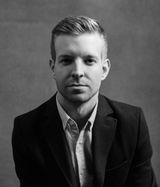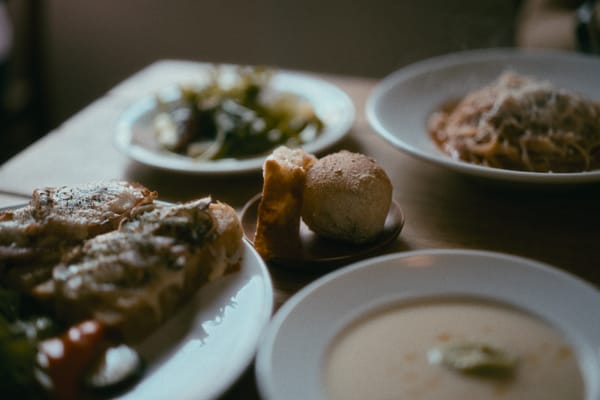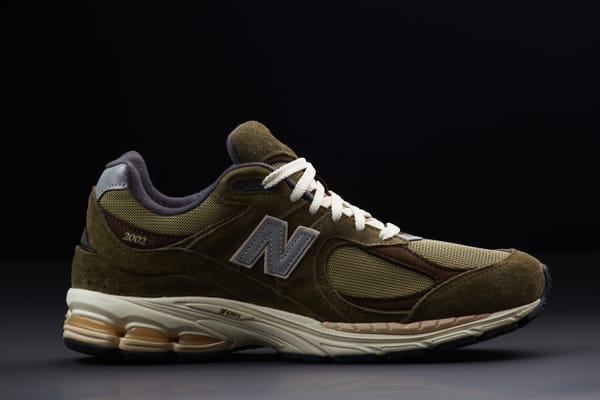How To Quit Caffeine Without Experiencing Withdrawal Symptoms
While this is highly individual, far too many people rely on caffeine as their primary energy source to get through the day, which is a mistake because caffeine is essentially borrowing the body's vitality from the future. Left unchecked, it is very possible to experience chronic burn out.
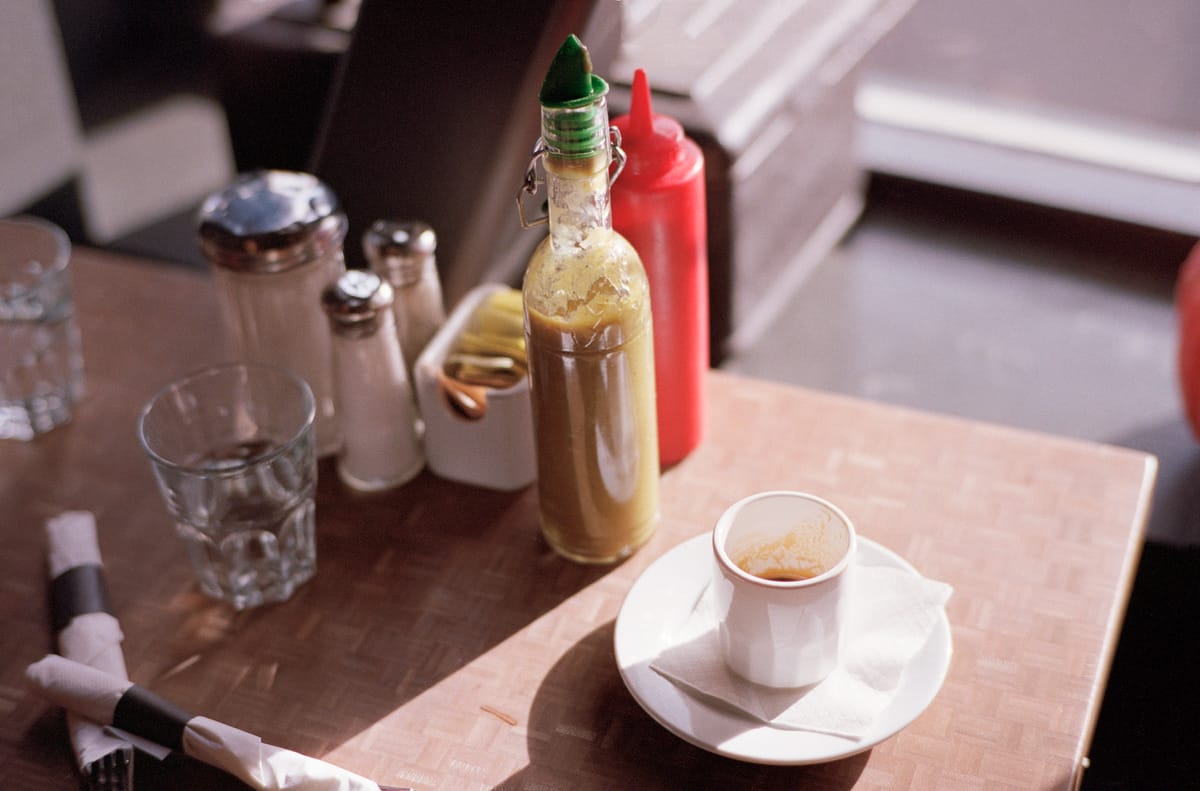
Decaf Journal is reader-supported. When you buy links through our site, we may earn an affiliate commission.
There's nothing quite like the smell of coffee in the morning. The rich aroma alone has the ability to awaken the senses. The fragrance is only a part of coffee's appeal though isn't it? There's also the deeply comforting ritual aspect of pouring a hot cup every morning to start the day. At least one billion people worldwide think so anyway. Modern civilization was built on caffeine, and it's the most commonly used (not to mention accepted) drug in the world. You may not remember your first cup of coffee, but let me refresh your memory. More often than not, the first experience with coffee offers such an intense burst of energy that it genuinely activates a sense of euphoria within the user's body and mind. Put plainly, it induces a feels good, want more reaction.
Not only does coffee taste and feel great, it also has a laundry list of benefits including feeling alert and awake, the ability to focus for long periods of time, quick witted speech, beneficial for the liver, increased longevity, and many others. Why on earth then, would anyone ever want to quit their caffeine habit when it has so much to offer? While this is highly individual, far too many people rely on caffeine as their primary energy source to get through the day, which is a mistake because caffeine is essentially borrowing the body's vitality from the future. Left unchecked, it is very possible to burn out when the body is constantly pumping out adrenaline day after day with no recovery period. Other negative effects from overconsumption of caffeine include:
- Irritated mood
- Increased perception of regular situations as stressful
- Varying degrees of anxiety
- Poor sleep, whether that be difficulty in falling asleep, easily woken up at night, inability to fall back asleep, or even insomnia
- Heart palpitations
- An awareness of one's pulse.

As you can imagine, this is a pretty substantial list of drawbacks that can seriously impact a person's daily life. I've now quit caffeine several times in my life at this point due to all of the reasons listed above. I'm unfortunately what's called a slow caffeine metabolizer, which means that it takes the body much longer to absorb it, leading to a much more profound and drawn out experience than someone with a fast caffeine metabolism. Some fast caffeine metabolizers are even able to drink coffee before bed and still fall asleep without issue. Over the years, I've made the mistake of consuming caffeine in the evening on several occasions only to find myself restless in bed and staring at the ceiling until sunrise. Sigh.
If you happen to be a slow caffeine metabolizer, there are some invaluable benefits of going caffeine free that are well worth considering such as:
- Amazing sleep like a teenager again, which transforms the rest of your day for the better (this cannot be underestimated)
- Life is much more peaceful, there's less stress, and not everything is an emergency
- Being more thoughtful with words
- A calm nervous system, heart, and pulse
- An increased ability to focus (believe it or not) when done correctly


© Nicklaus Walter | Film: Kodak Ektachrome E100 | Camera: Zeiss Ikon ZM | Lens: Zeiss C Sonnar T* 50mm f/1.5 ZM
I've made the amateur mistake more than a couple of times of quitting caffeine cold turkey. Do not be foolish like I was, as there is a far better way. The consequences of halting my caffeine intake overnight included migraine headaches and a complete inability to focus when trying to write or get work done. It would take me hours to get into the groove and yet it still never felt right. While the migraines went away after a few days, the lack of mental clarity always persisted until I went back to a couple cups of green tea per day. The last time I tried to quit, I had been off of caffeine for three months and was in the middle of interviewing for jobs. To my horror, my brain simply couldn't connect words together fast enough to form a coherent response when under pressure. This is precisely why I started using caffeine again, I needed the edge that caffeine provides.
So how do you quit properly without unnecessary suffering? Initially, I recommend cutting your caffeine intake by half for a week at a time, and then transition entirely to decaf coffee. Decaf is the secret weapon because it offers a microdose of caffeine, which turns out to be just enough so that you don't get withdrawal headaches and can still enjoy sharp focus. Following this process will ensure a smooth come down from the drug, and while you might feel a bit low for a few days, you should be able to avoid any major withdrawal symptoms such as headaches or inability to concentrate. Decaf coffee is still great for the liver, still tastes wonderful, and still supplies the body with the right amount of caffeine to be clear minded and productive in life. I always recommend swiss water process decaf coffee because it doesn't include any added chemicals in order to remove the caffeine from the coffee beans. Some wonderful tea alternatives to decaf coffee include white tea, and pu'er tea. White tea has the least amount of caffeine of the teas made from the Camellia sinensis plant which also include green tea and black tea. Pu'er tea on the other hand is also made from the Camellia sinensis plant, however it is fermented which not only greatly reduces the caffeine content, but also adds an incredible flavour profile that can't be found elsewhere.
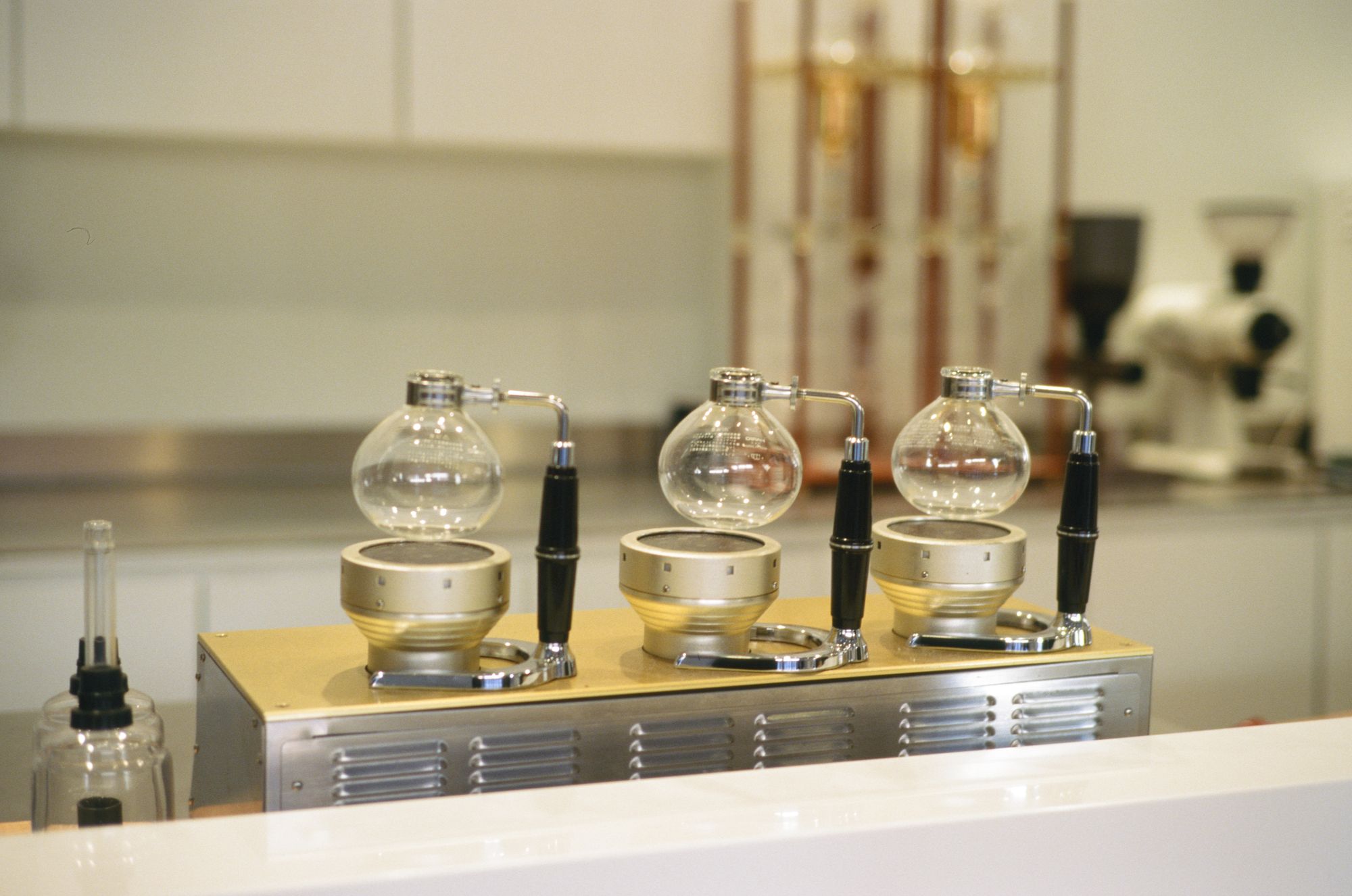
One downside to note when going caffeine free is that your personality actually changes somewhat when you're not caffeinated. You'll realize that caffeine has become a part of your personality and it will take some time to readjust. I still occasionally find that I am not as quick witted as I was with caffeine, but I never freeze up thanks to decaf. I've been off of caffeine for around six months now, and this time it'll be for good. I sleep like a teenager again and getting 8-10 hours of deep rest. With decaf coffee I'm still getting the full experience of regular coffee including improved focus but without the jitteriness, anxiety, angry outbursts, and insomnia that caffeine sometimes plagues me with.
Caffeine works best as a performance enhancer as needed rather than a crutch to get through the day. For example, it might be beneficial to save your caffeine intake for a job interview, sports competition, or any other time where you need to excel and be "on". To be clear, this article is not intended to bash caffeine. Since every individual has different genetics and therefore a different caffeine tolerance due to their caffeine metabolism, what is poison for some (like me) can be completely therapeutic for someone else. There is no definitive good or bad, or black and white when it comes to caffeine. It is highly individual and you need to listen to your body. Only you know if caffeine is serving you well or not.

